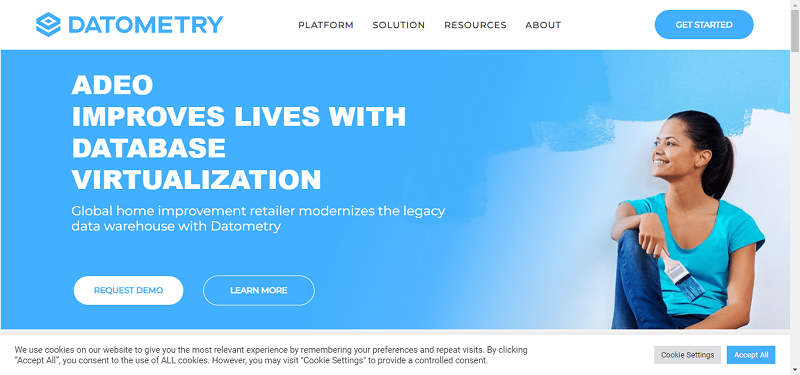Information governance is a broad, relative as well as a subjective term! If you simply look it up at Wikipedia, you will find the following definition: “Information governance, or IG, is the set of multi-disciplinary structures, policies, procedures, processes and controls implemented to manage information at an enterprise level, supporting an organization’s immediate and future regulatory, legal, risk, environmental and operational requirements”. As part of your everyday work environment, generally less attention is paid to the data adhering to stipulated policies. The real importance of stored data shines when you want to use data as part of your analytics. The importance is even greater during litigation process as the same data can be used as potential evidence!
Information governance is an emerging phenomenon and when associated with cloud computing, the complexity increases. Unquestionably, cloud computing is growing leaps due to innumerable benefits especially the cost reduction factor, which is always considered a welcomed gesture in today’s economy. For Instance, legal industry is experiencing a transformation phase due to pressures exerted by cloud computing technologies. Attorneys, typically are not tech savvy individuals, and tend to shy away from technological advancements, showing reservations to their use and implementation. You may still find loads of paper documents in their offices.
For Instance, according to Electronic Discovery Reference Model (EDRM), “The EDRM is designed to serve as guidance for gathering and assimilating electronic data during the legal process, including criminal evidence discovery. The EDRM framework is a conceptual standard for the e-discovery process. This means that those following EDRM could engage some, but not all, of the steps outlined in the model and still successfully discover relevant data. The steps can be carried out of order as well”. Taking a much narrower approach, let’s define Information Governance in two words: ‘data’ and ‘accountability’.
(Image Source: edrm.net)
While Big Data is quickly becoming a household term, there is an impending need of standardized governance policies across the industry, and quite simply, with these policies comes accountability! Every organization has certain set of policies but are they really geared towards accountability of data? Do employees within an organization know potentials repercussions of data? With that said, on one end, conducting employee trainings/workshops with regards to data structure/storage and its accountability seems eminent, on the other end, data collection, structure, storage, and policies become a more important requirement. Not to mention, adding cloud computing to the equation. The cloud is probably the most flexible computing technology structured as a pay-as-you-go model, allowing you to design your cloud infrastructure based on your own specific set of requirements. You can also choose among various types of services offered by the cloud, such as Software as a Service (SaaS), Infrastructure as a Service (IaaS) or Platform as a Service (PaaS).
One thing remains inevitable – technology is the defining as well as driving force behind data storage in one form or another. The solution to Information Governance lies within the realm of its core definition. Whether you are a vendor, customer, organization, supplier etc., you have ‘data’ to deal with. Clearly defined rules, procedures and policies not only allow you to cope effectively with data but accountability issues become more transparent as well.
By Syed Raza





